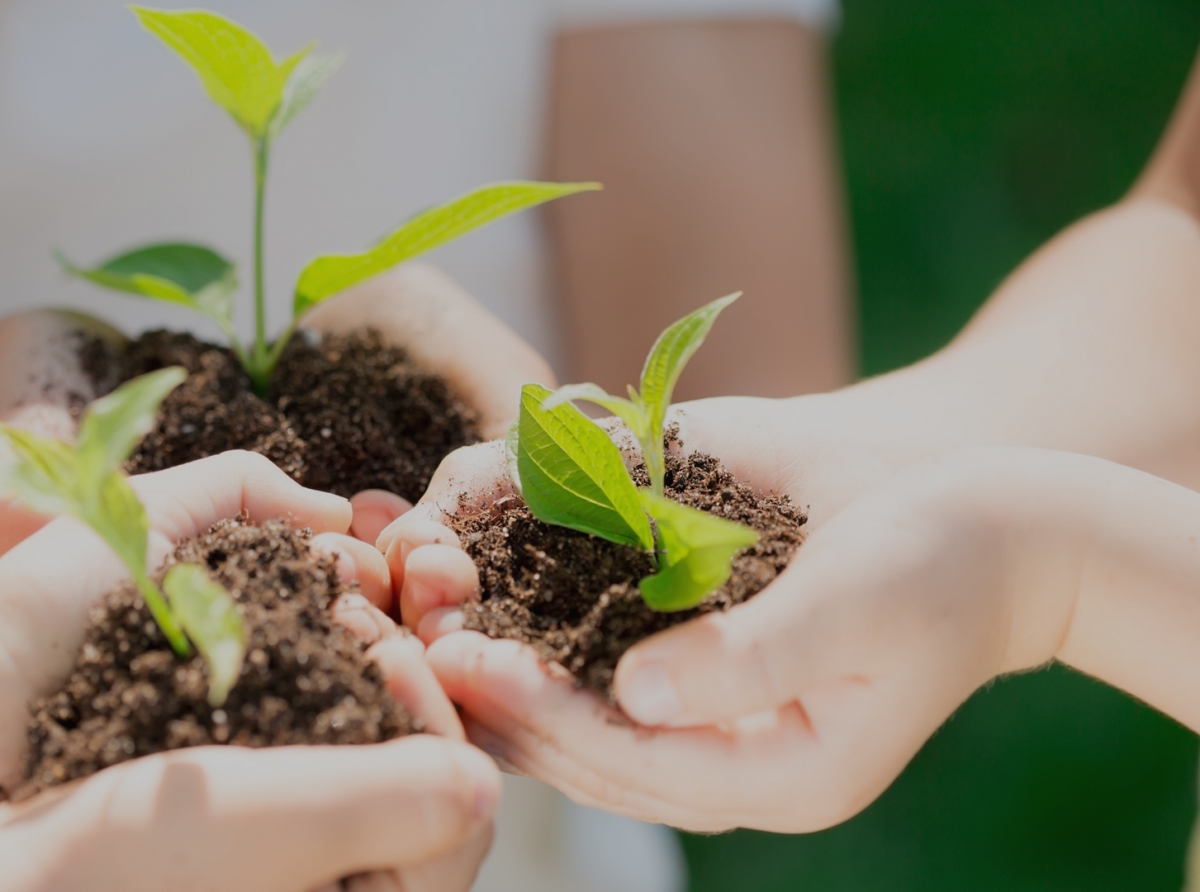|
At a Glance: Human consumption of water, food, and energy directly and indirectly affects the ecosystems and natural resources on which society depends for its survival. Rising energy and food prices, and crisis events such as droughts, increasingly demonstrate the dangers of managing water, energy, and food systems in isolation. IIEC has contributed to several initiatives that integrate energy and these other critical areas to ensure a balanced approach to development. Our Experience: Water, energy and food security can be achieved through a nexus approach – integrating management and governance across sectors and scales. Such an approach can support the transition to a green economy, which aims, among other things, at resource use efficiency and greater policy coherence. |
|
IIEC’s experience in this key activity, categorized by country is listed below:
-
Brazil
-
India
- Clean Energy Access Program (2018)
- Climate Proofing of Watersheds and Spring Sheds to Improve Community Resilience in West Bengal (2017 - 2018)
- Community Led Action Plan for Climate Change - India (2018)
- Evaluation of HSF – Water Conservation and Climate Change Training of Trainers (TOT) Program for Elected Women Representatives in Rural Rajasthan (2016)
- Study for Climate Resilient Agriculture in Assam (2018)
- Supporting Farmer Producer Companies for Value Chain Development in Maharastra (2017)
- Water-Energy-Biomass (WEB) Project (2002 - 2005)
- Women’s Entrepreneurship for Sustainable Energy (2016 - 2017)
-
Samoa
